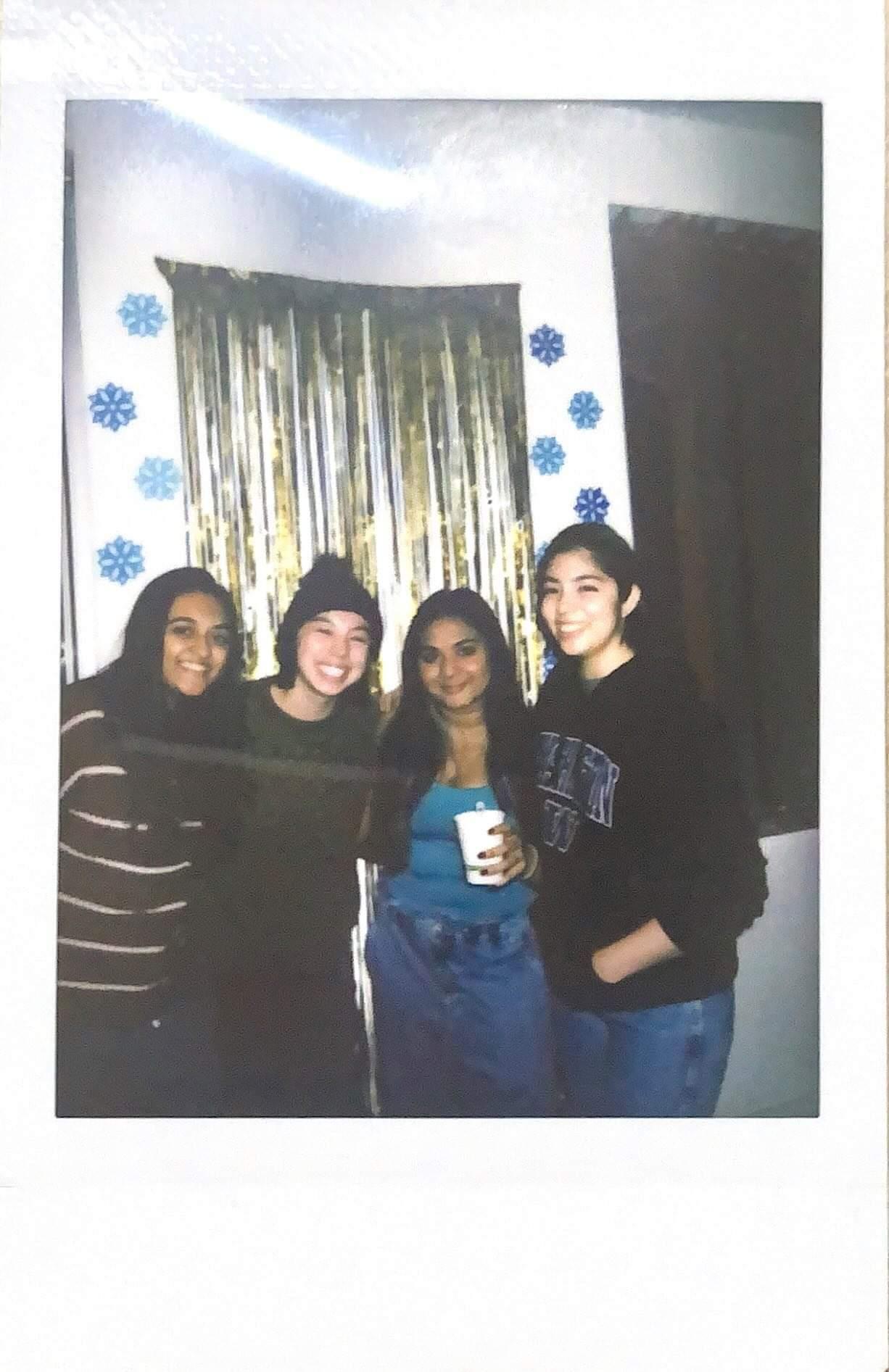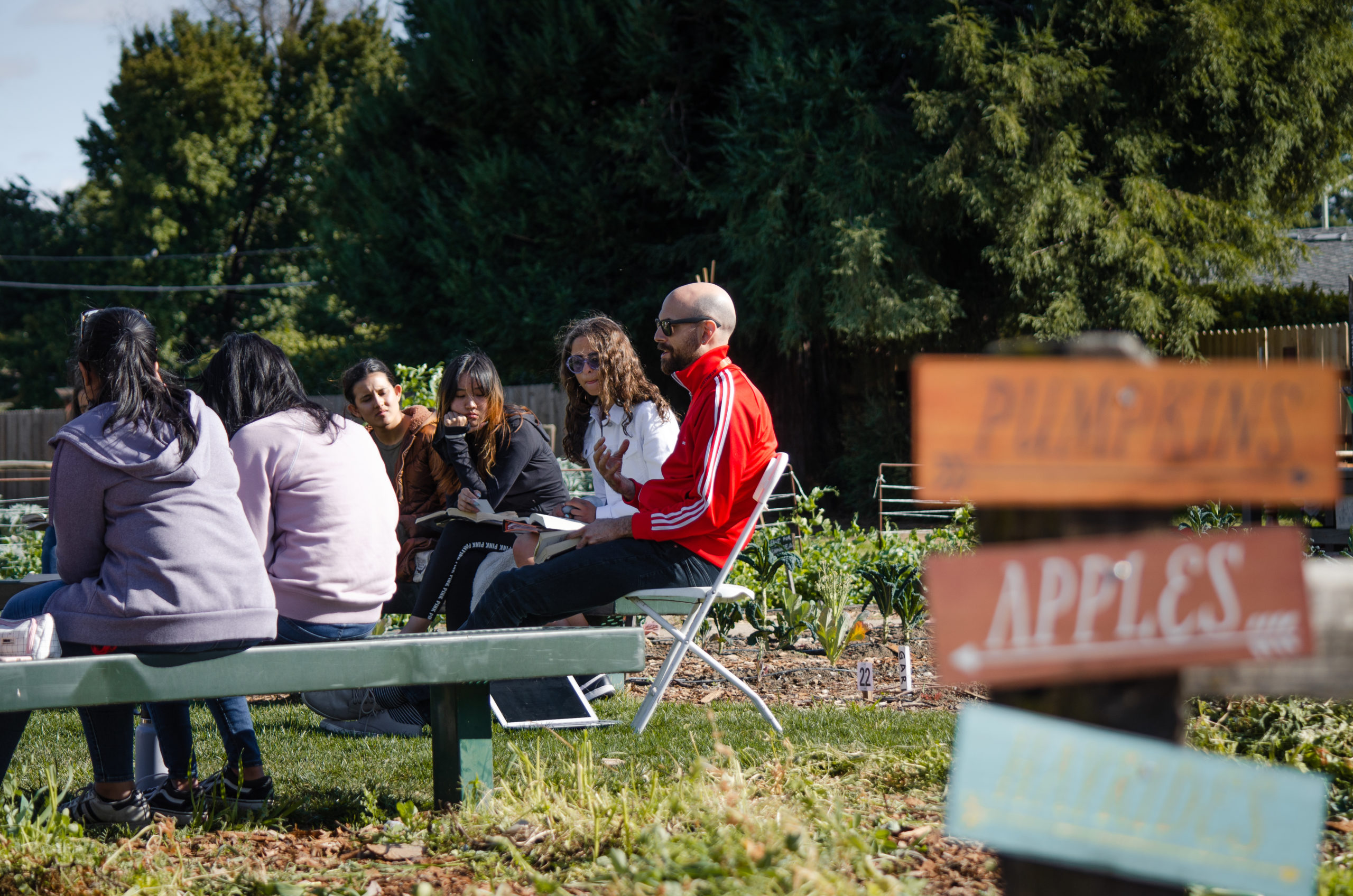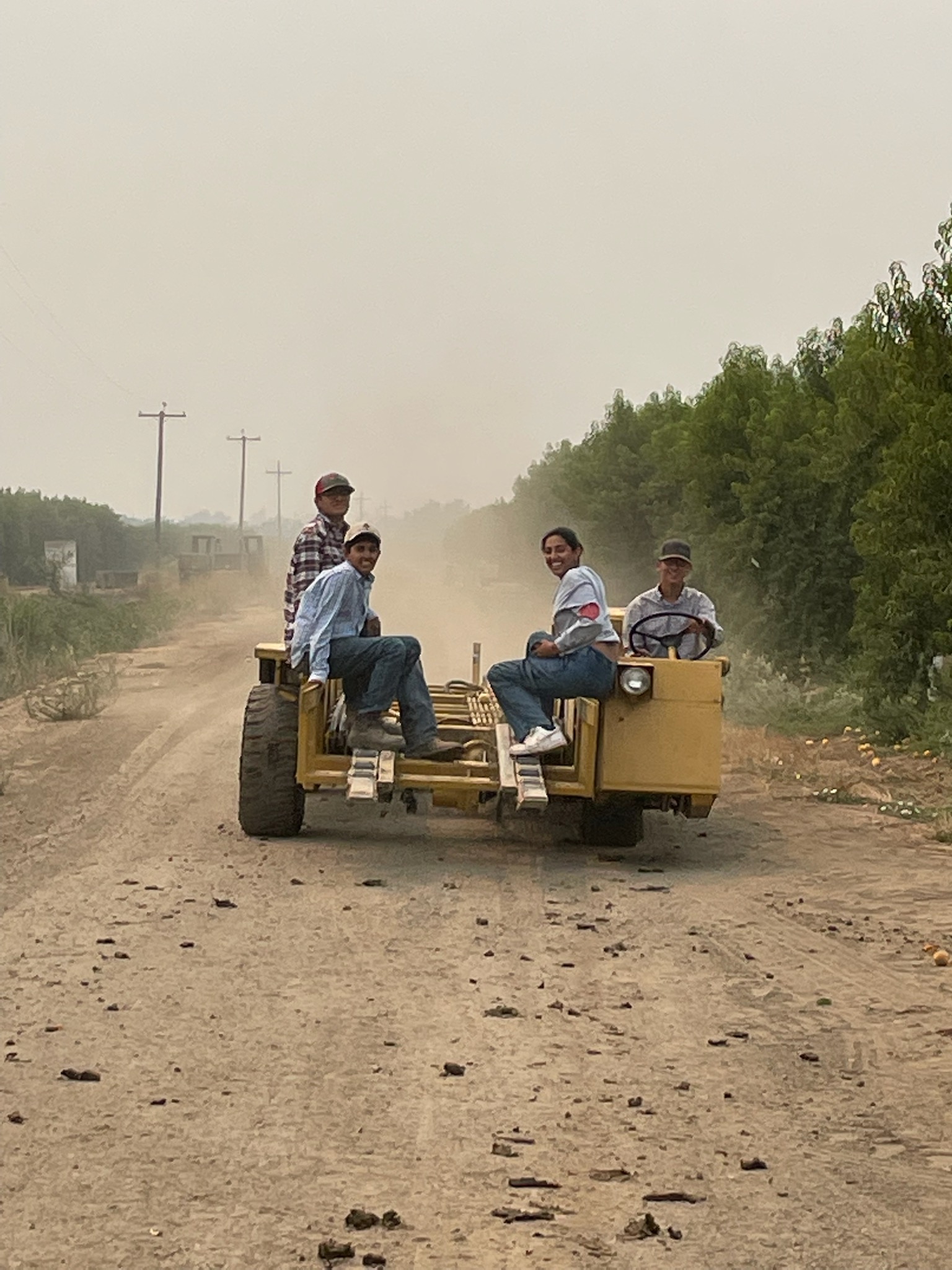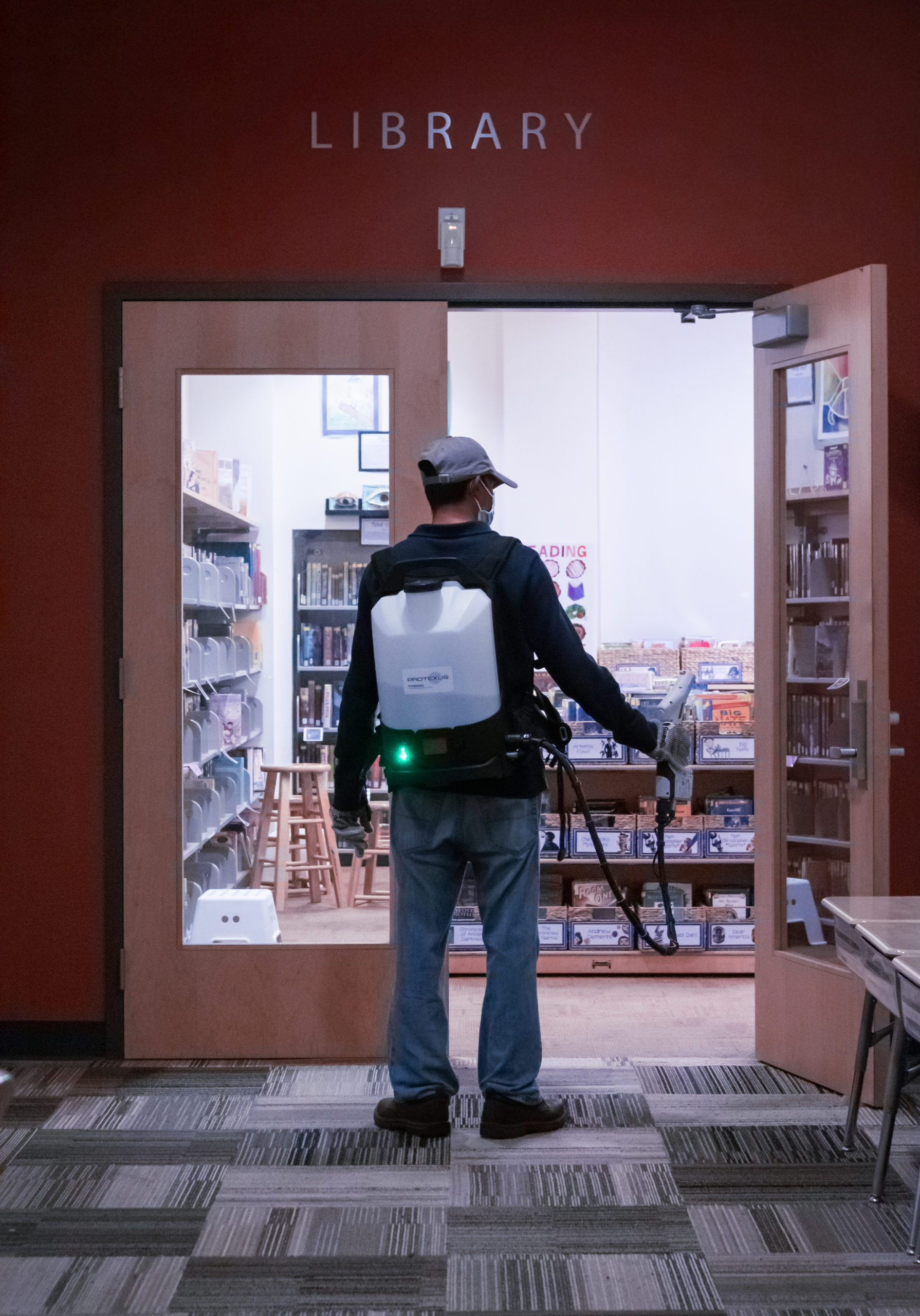As the class of ’22 transitions into college, some students encounter differences between Country Day’s tight-knit community and large public universities. Three former students from the class of ’22 answered questions about their experience transitioning to bigger communities. Arikta Trivedi ’22 attends the University of Washington, which enrolls 42,616 students, and intends to major in neuroscience on a pre-med track. Dylan Margolis ’22 attends the University of California, Berkeley, which enrolls 32,479 students, and plans to major in Computer Science and Business Administration. Miles Morrow, one of the few Country Day lifers in the class of ’22, attends University of California, Santa Cruz, which enrolls 17,209 students, and is unsure of what major he will declare.
Q: What are some differences between Country Day and college that have jumped out to you?
Trivedi: At Country Day, you know every single person. It really is different because you don’t talk to any of the professors, unless you go to office hours regularly. I have more contact with my TAs (Teacher’s Assistants) in my classes than with professors. Your teachers don’t know you at all, unless you make it very obvious you exist. Beyond that, because we had such a small class we were able to be close to everyone in our classes.
Margolis: There aren’t any checks for students, at least in my classes. Because there are so many students in each class, it’s your own issue if you don’t do something.
You’re not a name, you’re one in 2000. There are so many people, so you have to hold yourself accountable. It’s not a bad thing, but it’s different and difficult.
And I think going to a big school is a great experience, because even though it’s big, it’s still smaller than the real world.
It’s a step though, in the sense that it’s a lot bigger than high school. At smaller schools, I might not have that gradual transition.
Morrow: You just have to put in a lot more effort to build those relationships with your teacher. At Country Day, it was a given that you had a relationship.
I thought I wouldn’t have access to my teachers a lot, but that’s been the opposite for me.
People don’t take advantage of the fact that teachers are there for us; office hours are super useful to have.
Q: Has going to a larger college impacted your living situation or day-to-day routine?
Trivedi: It’s definitely a lot more fun in the sense that you’re more independent. You can do whatever the hell you want, which can be pretty problematic if you’re not responsible. But, since you’re around students all the time, the atmosphere is very academic.
Margolis: No, it’s totally chill. My friends are in my room with me right now. That’s why we named our room the ‘Hotel California,’ because people are always here.
I’ve transitioned to that (socially) quite easily, because I like holding events like Student Council all over again, talking with people and having friends around.
I haven’t felt like I need that separation where I go home for the day.
Morrow: With Santa Cruz, where they over-admit students every year, we have a real housing crisis. So all the common rooms are now quads, and they turned all of the doubles into triples.
We don’t have much personal space. The last thing I want is to be someone that my roommates wouldn’t want to live with again.
I subconsciously go to the extreme, where I try not to make any noise or do anything that could disturb them.
In this new situation, I feel like I don’t have the same opportunities to just be myself and relax.
Q: What has your experience been with making friends in a larger environment?
Trivedi: I’m in the smallest dorm. We have 50 people on a floor, so I know my floormates pretty well. I guess I got lucky because we’re all friends.
It’s weird because at Country Day, your friends inside and outside of class are the same. You only see the same set of 20 people.
Here, I have friends in chemistry, biology and psychology and also friends I hang out with outside of class.
It’s only been two months for me here, so I don’t expect to have any super deep connections yet.
I have good friends, but my best friends are still the same people from Country Day.
At Country Day, you build those connections really fast because there are only 30 people in a class.
Here, if you want to maintain a relationship, you have to actively find time. If you don’t want to see someone, you’re never going to see them. It’s just such a big campus.
Margolis: It started with Golden Bear Orientation. I met some really cool people, and a bunch of those people are still in my friend group.
We picked up a couple more people on the way to the point that nine of my friends organized a camping trip. Maybe it’s because I’m sort of a social person, but to me it’s all really the same.
My group size at Country Day is pretty much the same size as it is now, plus or minus two people. Just a new chapter and all.
It’s sort of up to you to put the effort in to socialize and make friends. I think to an extent, I’ve done that, which is why I can say I have friends in college. I wouldn’t say it’s more difficult, but it requires a lot of time. It’s different in high school because it’s so structured. Here it takes more time to schedule a lunch together, organize an event some night or something along those lines.
Morrow: If you’re a social person, then you’ll meet people easily, but if you’re not, it’ll all happen in due time. It’s a process.
I was at Country Day for 14 years, right? So in many cases I had the same friends for 14 years. If anything, it’s really difficult for me to make new friends.
I met a few people who I feel good with. But it’s not the same. I’ve never had the need to make new friends.
It’s been weird for me; I have some social anxiety and I’m not good at meeting people and talking to people. I keep to myself a little bit more now. I’m fine with that because it’s how I operate and what I’m comfortable with.
Q: Overall, how has attending a school so much larger than Country Day been for you?
Trivedi: I like it. I’ve been at a small school all my life, and I’m a fairly independent person.
I’m fine with being on my own, and there’s a lot more freedom and independence. It’s nice.
Margolis: I think college really works for me. It is very different in the sense that during high school, when you finish school you’re done. You can talk to them on the phone or play video games, but it’s not the same.
Here in college, I’m constantly with my friends, and it really works for me. When I want to have fun, I have fun, and when I want to work, I really work hard. It allows me to constantly be doing something. I love that life, and college makes it easier to do.
Morrow: For me personally, it’s sometimes nice to be able to blend into the crowd. But I’m still finding myself in scenarios in class where I’m put into groups where I know everyone’s names, which is comforting and like what Country Day offered. Being such a small part of the school is definitely a new perspective.
— By Adam Akins and Saheb Gulati
Originally published in the Dec. 13 edition of The Octagon.




